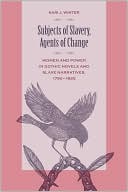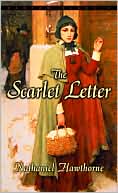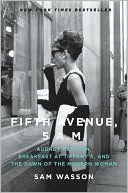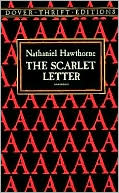Subjects of Slavery, Agents of Change: Women and Power in Gothic Novels and Slave Narratives, 1790-1865
Search in google:
In Subjects of Slavery, Agents of Change Kari J. Winter compares the ways in which two marginalized genres of women's writing - female Gothic novels and slave narratives - represent the oppression of women and their resistance to oppression. Analyzing the historical contexts in which Gothic novels and slave narratives were written, Winter shows that both types of writing expose the sexual politics at the heart of patriarchal culture and both represent the terrifying aspects of life for women. Female Gothic novelists such as Emily and Charlotte Bronte, Ann Radcliffe, and Mary Shelley uncover the terror of the familiar - the routine brutality and injustice of the patriarchal family and of conventional religion, as well as the intersecting oppressions of gender and class. They represent the world as, in Mary Wollstonecraft's words, "a vast prison" in which women are "born slaves." Writing during the same period, Harriet Jacobs, Nancy Prince, and other former slaves in the United States expose the "all-pervading corruption" of southern slavery. Their narratives combine strident attacks on the patriarchal order with criticism of white women's own racism and classism. These texts challenge white women to repudiate their complicity in a racist culture and to join their black sisters in a war against the "peculiar institution." Winter explores as well the ways that Gothic heroines and slave women resisted subjugation. Moments of escape from the horrors of patriarchal domination provide the protagonists with essential periods of respite from pain. Because this escape is never more than temporary, however, both types of narrative conclude tensely. The novelists refuse to affirm either hope or despair, thereby calling into question conventional endings of marriage or death. And although slave narratives were typically framed by white-authored texts, containment of the black voice did not diminish the inherent revolutionary conclusion of antislavery writing. According to WBooknewsCompares the representation of the oppression of women and their resistance to oppression in female Gothic novels with that in contemporary accounts of American ex-slaves, showing that both genres expose the sexual politics at the heart of patriarchal culture, and express the terrifying aspects of life for women. Annotation c. Book News, Inc., Portland, OR (booknews.com)








